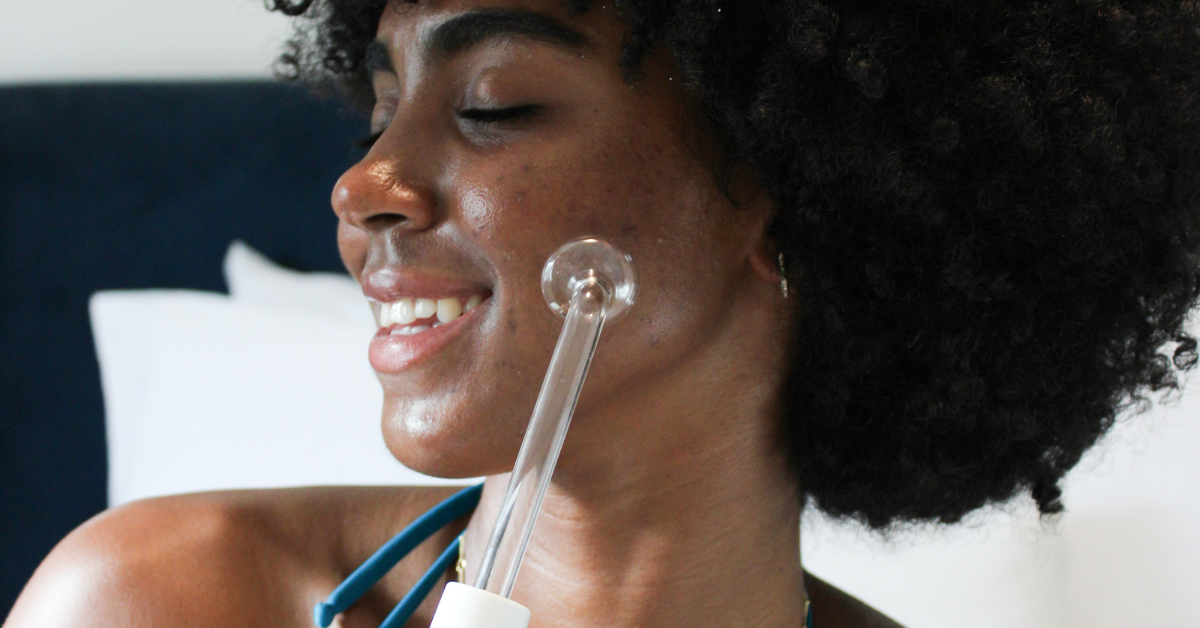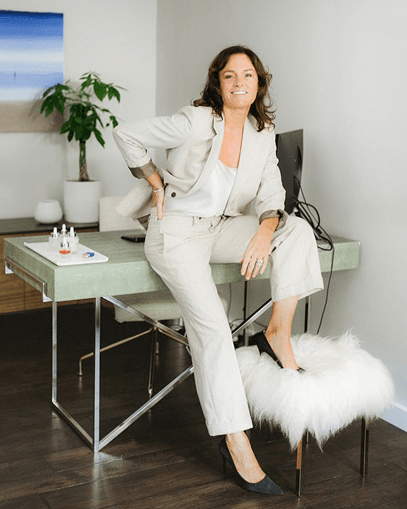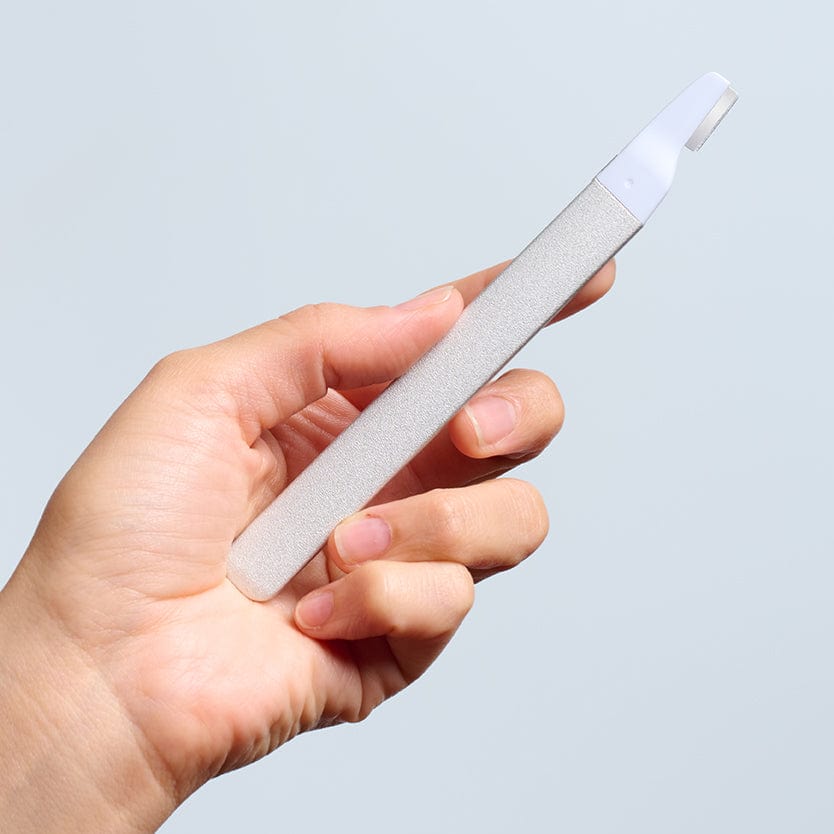High Frequency vs. LED: What’s Better for Breakouts?
Written by Kerry Benjamin

From red-light masks to high-frequency wands, there’s no shortage of skincare tech claiming to clear acne. But which one actually works better? If you're stuck choosing between high frequency vs. LED for breakouts, here’s a no-fluff comparison to help you decide.
How High Frequency Works
High frequency uses a low-level electrical current to create ozone on the skin. That ozone has antibacterial properties—so it penetrates pores, kills Propionibacterium acnes, and reduces inflammation.
- Kills acne-causing bacteria instantly
- Reduces redness and swelling
- Helps cystic and hormonal acne heal faster
- Speeds up spot healing with targeted treatment
Shop the High Frequency Device
How LED Works
LED therapy—especially blue light—targets bacteria, too. But instead of ozone, it uses specific light wavelengths to affect skin cells over time.
- Helps reduce bacteria over time
- Calms inflammation and redness
- Often used as part of a long-term acne treatment plan
- Safe for all skin tones and types
Key Differences
| Feature | High Frequency | LED |
|---|---|---|
| Speed of Results | Immediate | Gradual |
| Best For | Cystic + active acne | Mild to moderate acne |
| How It Works | Creates ozone to kill bacteria | Uses light wavelengths |
| Use Frequency | As needed | Regular sessions (3x/week) |
Which Is Better for Acne?
If you want fast results, especially for cystic acne, high frequency is your go-to. It’s more targeted, quicker, and ideal for spot-treating painful, inflamed breakouts. LED can be helpful long term—but high frequency delivers instant gratification and visible healing.
"High frequency is one of the most effective tools I recommend for targeting breakouts. It clears bacteria, reduces inflammation, and helps prevent scarring—all without harsh ingredients." — Kerry Benjamin, Founder & Aesthetician
Recommended Routine
To get the best results from your high-frequency device:
- Cleanse skin thoroughly
- Use high frequency on clean, dry skin
- Follow with our TCA Multi-Acid Face Peel
- Apply EGF Serum to boost repair
- Lock in with Microbiome Moisturizer
FAQs
Does high frequency hurt?
No—it feels like a mild tingling or warmth. It’s totally safe and painless when used as directed.
Can I use both high frequency and LED?
Yes, but not at the same time. Alternate days or use LED in the morning and high frequency in the evening.
Will high frequency help with blackheads?
Indirectly, yes—it helps reduce bacteria and inflammation, which can prevent clogged pores from becoming inflamed breakouts.
Is LED safer for sensitive skin?
LED can be gentler overall, but high frequency is safe too when used on the proper settings. Start slow and adjust based on your skin’s response.
Which is better for hormonal acne?
High frequency is often better for hormonal acne because it tackles deep, painful cysts and speeds up healing time.
Bottom line: If you want immediate, visible results—especially for stubborn acne—go with high frequency.
About the Author

Kerry Benjamin, a licensed aesthetician, has over 12 years of experience. Kerry is the driving force behind StackedSkincare. As the company's CEO, Kerry has dedicated her career to revolutionizing skincare. Her innovative approach combines peels, serums, and specialized tools toeffectively address a wide range of skin concerns. CA LE license number Z98459.

